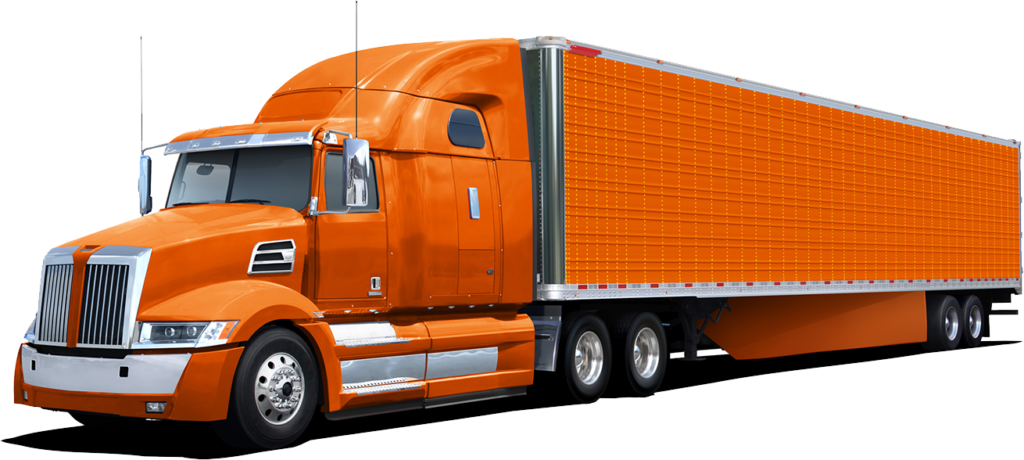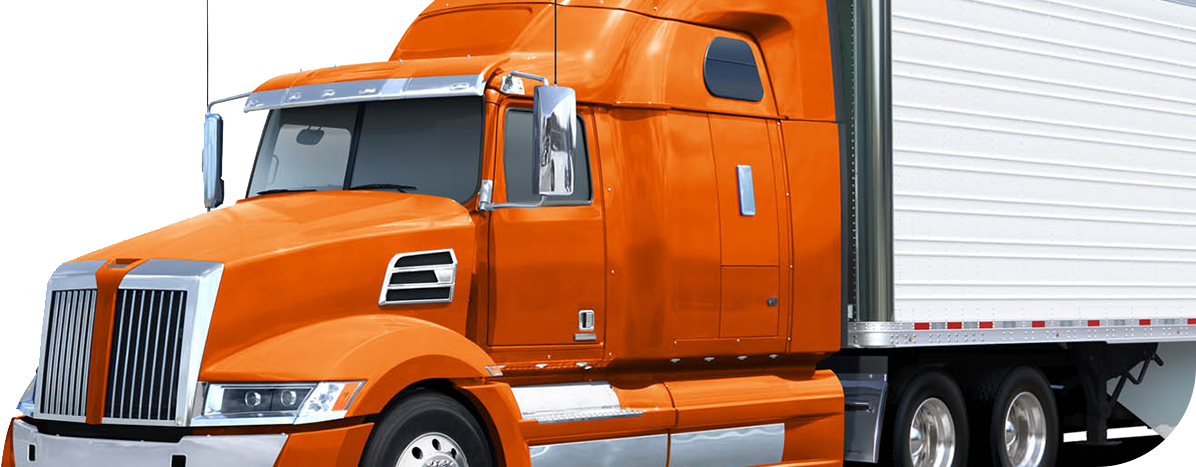Dry Van info
Dry vans are the most common truck freight. They are typically a standard 53-foot trailer like the ones you see connected on the back of a semi-truck on the interstate that might say Walmart, Target or Schneider. Although not an actual van, they are the most common truck freight to haul goods, providing a trailer that is sealed and protected from the elements.
The weight limit of an enclosed trailer is 42,000 pounds to 45,000 pounds. They are 48 to 53 feet long. Some dry vans can be loaded from the front while some types can be loaded from the sides.
The best thing about these types of trailers is that you can enhance the usable space by making shelves and storage cabinets within the enclosed container. Enclosed trailers are quite affordable as compared to some other types of trailers. Moreover, they provide added security to the material being transported. They keep the contents enclosed in a container, and protect it from weather elements and from any other security threats. Moreover, you don’t even have to worry about additional costs of tarps.
PROS
- Less expensive to purchase
- Hauls higher weights than reefer
- Hauls more spacy loads
- Easy to load and unload
CONS
- Rates are some oof the lowest
- Fewer loads available

Dry vans are the most common truck freight. They are typically a standard 53-foot trailer like the ones you see connected on the back of a semi-truck on the interstate that might say Walmart, Target or Schneider. Although not an actual van, they are the most common truck freight to haul goods, providing a trailer that is sealed and protected from the elements.
The weight limit of an enclosed trailer is 42,000 pounds to 45,000 pounds. They are 48 to 53 feet long. Some dry vans can be loaded from the front while some types can be loaded from the sides.
The best thing about these types of trailers is that you can enhance the usable space by making shelves and storage cabinets within the enclosed container. Enclosed trailers are quite affordable as compared to some other types of trailers. Moreover, they provide added security to the material being transported. They keep the contents enclosed in a container, and protect it from weather elements and from any other security threats. Moreover, you don’t even have to worry about additional costs of tarps.
Capacity
• FTL (Full Truck Load) – Think full truck, so greater than 8,000 pounds and requires a large space such as the full trailer of an 18-wheeler.
• LTL (Less Than Truck Load) – A relatively small load, and consequently the least expensive and most popular freight transportation method.
• Partial Truck Load – Call this a medium-size truck load, which is usually booked by volume.
• Expedited or Hot Shot Load – These are typically smaller loads that need to get to their destinations fast. Expedited and hot shot trucking companies usually haul with smaller trucks.



